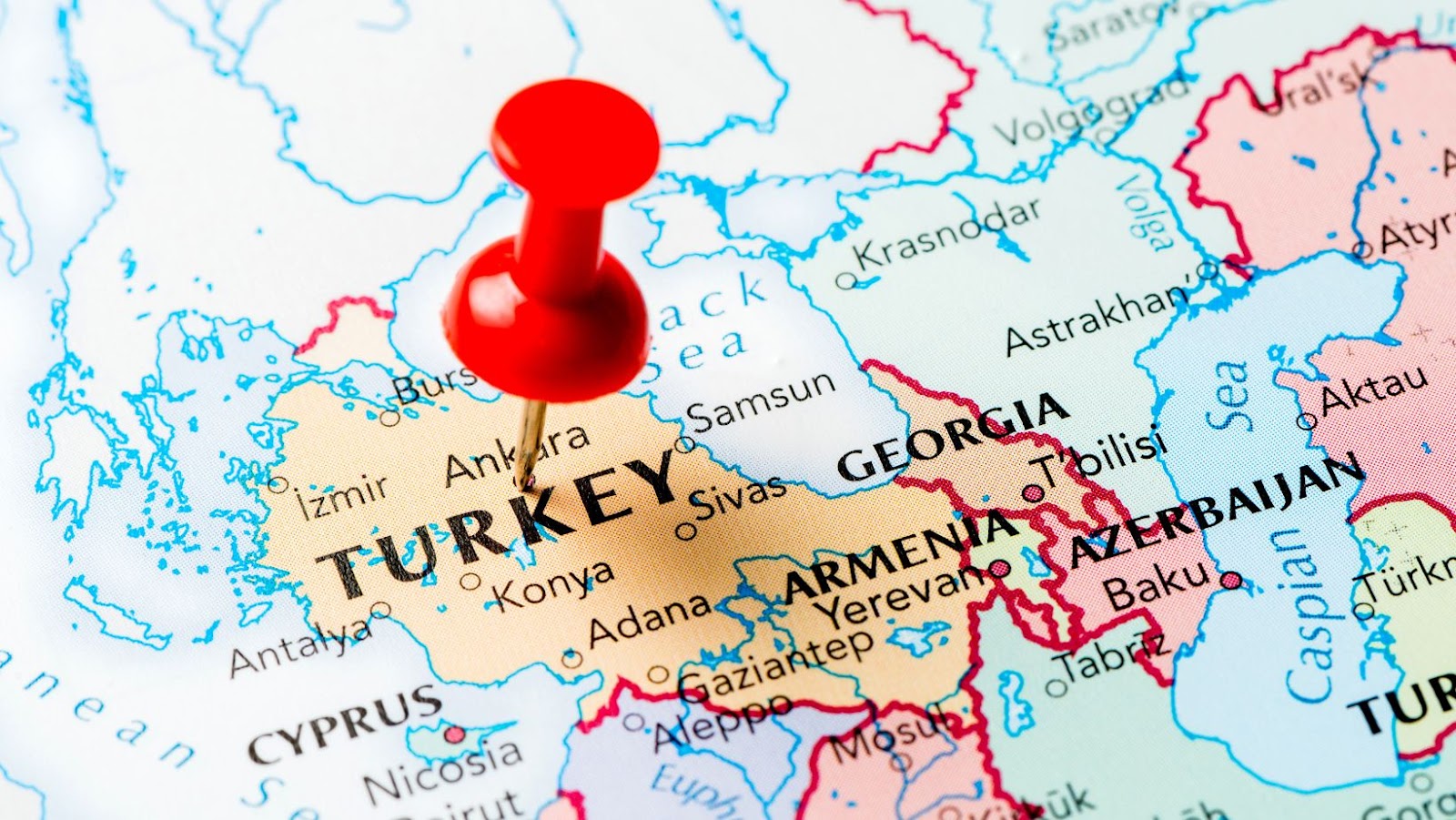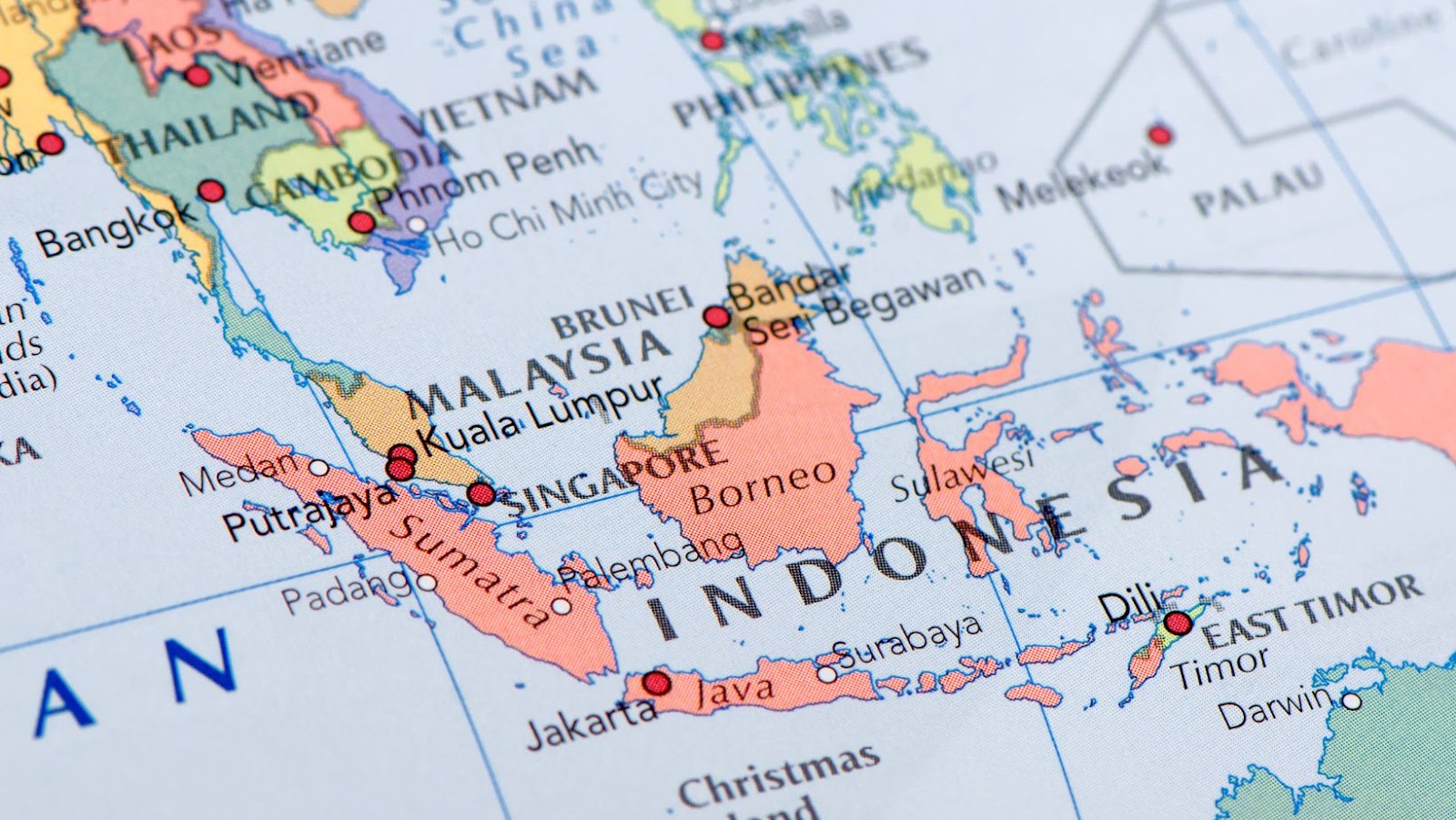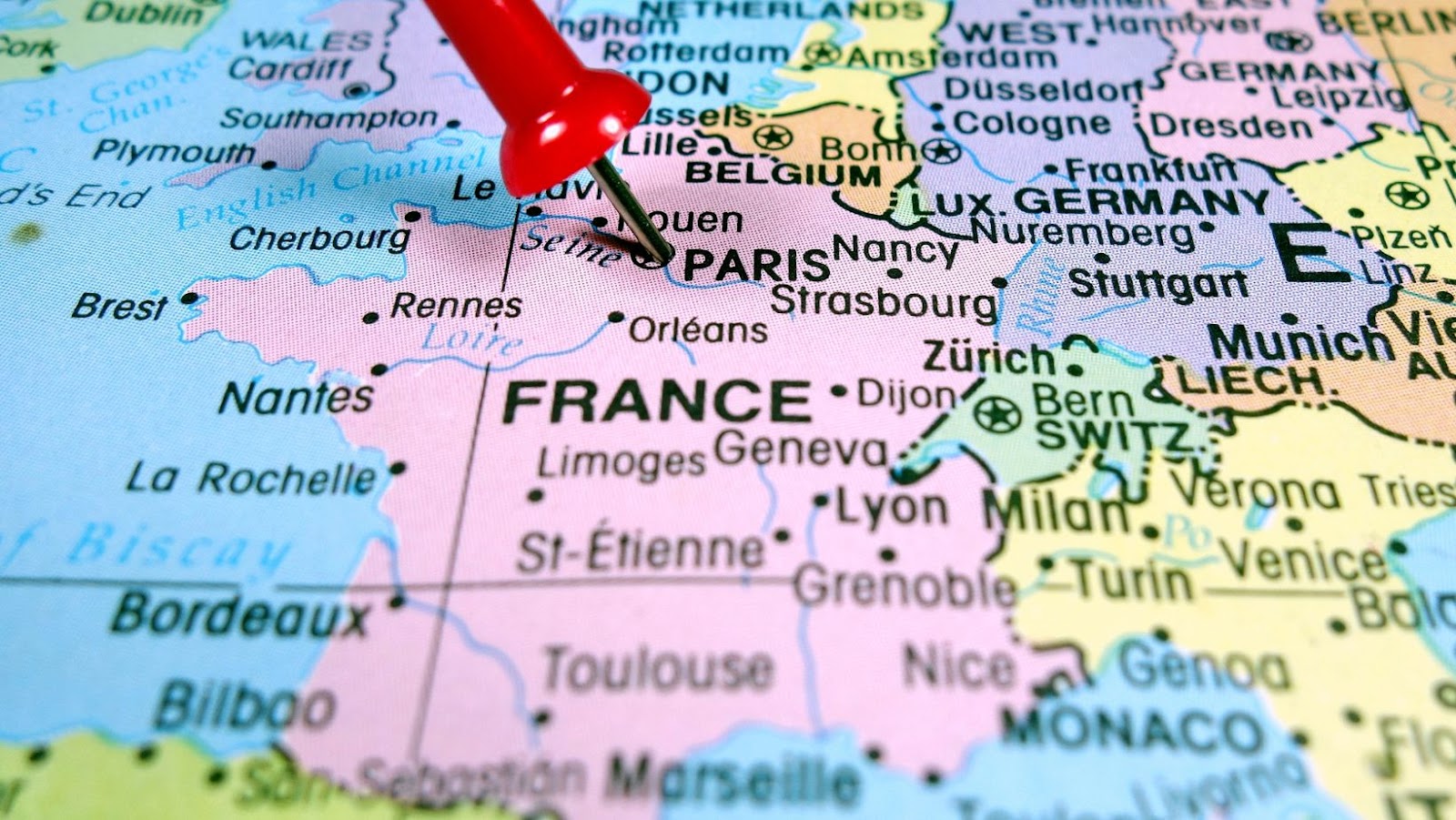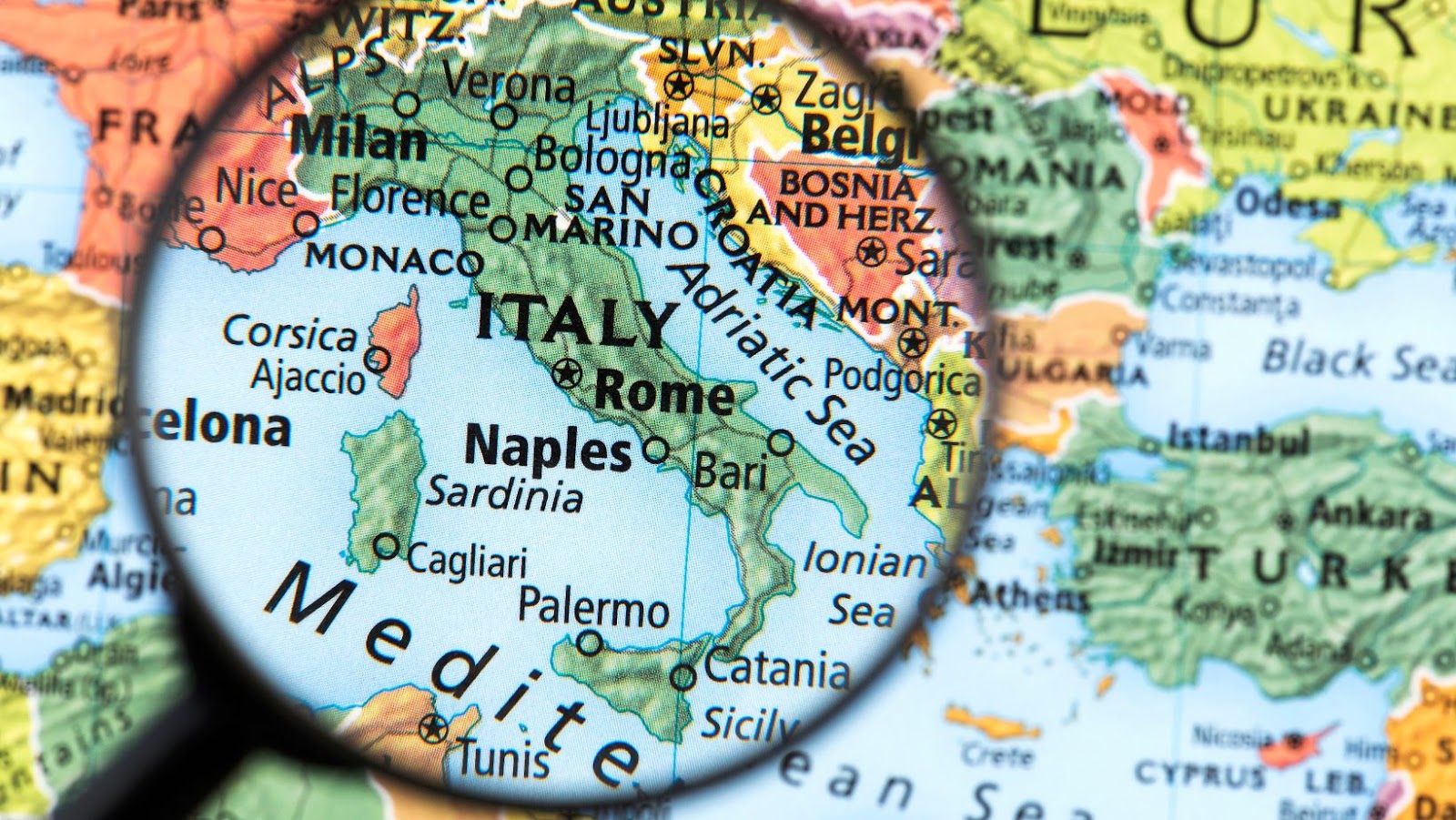Ukraine has long been denouncing Apple for allegedly legitimising Russia’s annexation of Crimea by listing it as part of Russia in many apps. This issue has now come to a head as the Ukrainian Government has officially called out Apple for legitimising Russia’s actions and demanded that they change their maps to reflect the accurate geography.
Let’s take a closer look into this story.
Background of the dispute
Since 2014, Russia and Ukraine have been embroiled in a territorial dispute over control of the Crimean Peninsula. This area is formally recognized as part of Ukraine’s territory, but has been illegally annexed by Russia. The annexation of Crimea was roundly condemned by most international observers, including the United Nations Security Council; however, this has not been enough to resolve the situation.
This dispute remains highly contentious despite various attempts to mediate a resolution between both countries; and tensions remain high due to Russian military presence in the region. In recent months, Apple Inc. has come under fire for reportedly legitimising Russian control of Crimea – despite Ukrainian government requests that they not do so. According to reports, Apple listed Crimea as part of the Russian Federation on its App Store, thereby recognizing it as a region within Russia’s sovereign borders – a move that Ukrainian officials criticised.
Apple’s involvement
Apple faced a controversy in November 2019 when it was found to have legitimised Ukraine’s Russian annexation of Crimea on its maps and weather apps, including the U.S. App Store.
The annexed Crimean peninsula is considered Ukrainian territory by the United Nations and other Western countries, while Russia views it as a part of its sovereign country. So when Apple introduced its mapping data to Crimea, it marked the region as part of Russia which caused an international outcry and was accused of bypassing international laws recognizing Ukraine’s sovereignty over Crimea.
In response to these allegations, Apple released a statement apologising for their mistake and claimed that the wrong information “was a result of a bug we recently fixed” and that “changes were made at [their] request immediately” after being alerted by Ukraine’s Ministry of Foreign affairs. Apple also claimed that implementing better measures for validating all changes against existing sanctioned borders would prevent any similar incidents in the future.
Ukraine denounces Apple for calling Crimea part of Russia in apps
Ukraine has heavily denounced Apple for calling Crimea part of Russia in its applications and maps. Kiev believes Apple is legitimising Russia’s annexation of the region, which Ukraine considers illegal. Ukraine has urged Apple to abide by international law, which calls Crimea part of Ukraine, and to make changes reflected in their applications.
Apple has yet to respond to the criticism.

Official statements of condemnation
The Ukrainian government has made numerous official statements to condemn Apple for reportedly legitimising Russia’s annexation of Crimea in its maps. For example, on February 7th, the Foreign Ministry of Ukraine released a statement saying that the “inclusion of Crimea into the Russian Federation” and “illegitimate ‘border’ line between Ukraine and Russian Federation contravenes international law, human rights and fundamental freedoms”. Furthermore, they expressed disappointment towards Apple for acting contrary to their official position.
The following week, Ukrainian Vice Prime Minister Vyacheslav Kyrylenko wrote on a Facebook post: “This issue (Apple’s actions) is being actively discussed in governmental instances. We appreciate that other states are aware of the fact that Ukrainian representatives take appropriate steps to restore rights certain to Ukraine by international law, as well as its territorial integrity…this [is] already a signal and vector to Apple corporation promising [a] serious reaction and sanctions”.
On March 6th, the Cabinet of Ministers of Ukraine imposed sanctions on Apple due to its failure to reverse its recognition of unlawful policies concerning areas belonging solely under legitimate government jurisdiction. The resolution further reveals the ministry’s firm resolve against foreign entities which partake in any activities or acts hostile against their sovereignty, especially those related to circumvention or peaceful seizure of territory from other nation-states.
Social media outcry
The news that Apple had included Crimea — which the majority of the world views as an illegally annexed Ukrainian territory — on its Russian-designating maps caused a significant uproar among Ukrainians and beyond. Ukrainians took to social media in outrage, with hashtags like #boycottapple and #appleiskindergartener trending in Ukraine.
Ukrainian officials, including President Volodymyr Zelensky, also voiced their discontent with Apple’s decision — though Zelensky urged against any boycotts. Ukrainian Minister for Foreign Affairs Dmytro Kuleba stated that Apple was “effectively legitimising the temporary occupation of the peninsula by Russia” and called for the company to reverse its mind on this “unacceptable” action.
Kuleba further emphasised that Apple or any other company should not be guided by Russian laws but international law when making decisions about disputed territories. Ukraine’s Parliament even went as far as introducing a resolution to condemn Apple’s “unfriendly” act toward Ukraine, affirming the country’s unwavering demand for the return of its illegally annexed territory from Russia.

Apple’s Response
Apple recently came under fire from the Ukraine for listing Crimea as part of Russia in its maps and weather apps. This has led Ukraine to denounce Apple for legitimising Russia’s annexation of Crimea.
In response, Apple has released a public statement addressing the accusations. This article will analyse Apple’s response and explore potential implications for the tech giant.
Apology and promise to rectify
Apple has issued a formal apology for an incident in February 2019, where Apple Maps recognized Crimea as part of Russia instead of Ukraine. In addition, Apple has stated that it respects Ukraine’s sovereignty over Crimea and will rectify the issue in an upcoming update.
Apple has also promised to support Ukraine and its people through an independent research project, which will help improve the accuracy and utility of their digital services concerning Crimea. In addition, Apple’s CEO Tim Cook held a press conference to formally apologise for the incident and take full responsibility for it. During the press conference he stated, “At Apple we understand, respect and remain deeply committed to Ukraine’s sovereignty over Crimea. Again, we apologise for this error, as we strive to deliver our best products and services worldwide.”
The update is expected to be released in late 2019; however, no exact date has been announced yet. In addition, Apple is engaging in dialogue with civil society organisations within Ukraine on how best to integrate their feedback into future updates of their products.
Explanation of their decision
Apple has released a statement concerning their involvement in the ongoing situation in Ukraine. In it, they clarified that in utilising “local legal requirements” for music stores, they were not making any “political statements.”
Continuing, the statement claimed that their intent was simply to ensure that customers worldwide have access to Apple’s products and content. It also highlighted Apple’s deep commitment to human rights policies and its pledge to choose political neutrality on international affairs.
When asked if Apple had felt any pressure from outside sources on this decision or if it had been voluntary, they stated simply that they “stand by their position…and continue to monitor developments.”
Apple’s official stance is neutrality and non-involvement in local politics. They have declared that this decision was made via internal consultation with legal teams and a focus on providing global customer access – nothing more or less.
International Reactions
The news of Apple’s app store labelling Crimea as a Russian region has sparked an international outcry. Ukraine’s president has gone so far as to denounce Apple for “legitimising” Russia’s annexation of Crimea.
Many other Western countries, including the United States and the United Kingdom, have warned of potential consequences if Apple does not comply with their demands. It remains to be seen how Apple will respond to these criticisms.
United Nations response
In response to Apple’s announcement, the United Nations (UN) stated on August 18th, 2020, condemning the decision and classifying it as infringing on Ukraine’s sovereignty. UN spokeswoman Stephane Dujarric said the “UN stands firmly behind Ukraine’s unity and territorial integrity within its internationally recognized borders.”
The UN further stated that the acceptance of Russia’s view of Crimea did not change its status as a “temporarily occupied territory” while calling on Apple to withdraw its labelling recognition of Russia’s claims. It insisted that companies should respect international law and avoid any action that legitimises an unlawful situation or contributes to its maintenance — in this case, what would amount to an internationally wrongful act as outlined in the UN Charter.

Reactions from other countries
As news spread of Apple’s decision to include Crimea in its region-based App Store and drop restrictions which forbid developers in the area from accessing many features, other countries have quickly reacted with shock, dismay, and anger.
Germany has been highly critical, particularly calling out the “dangerous precedent” Apple is setting by “legitimising the illegal actions of Russia.” Many German representatives have also pointed out that this small change to Apple’s software could open the door for further aggressive international moves.
In the United Kingdom, MPs have summoned Tim Cook for a parliamentary hearing to explain why his company felt it was necessary to bow to Russian pressure and ignore worldwide consensus that Crimea is still Ukrainian territory. Former US ambassador Norman Eisen has also weighed in on the issue, calling for a boycott of all Apple products until Cook ends “Russia-enabled censorship” within its App Store.
Finally, even some of Apple’s employees have voiced their criticisms openly. For example, a San Francisco-based engineer who works closely with App Store products declared their disapproval with a very blunt statement: “This move sends a clear message: Apple is willing to put profit before people no matter where they live. This is wrong and needs to be stopped immediately.”






